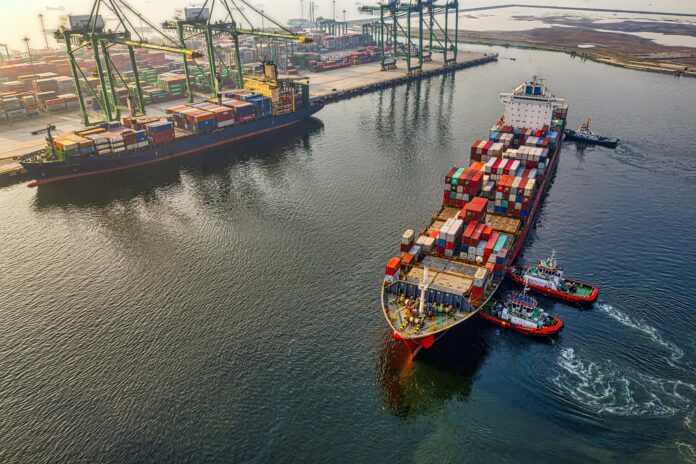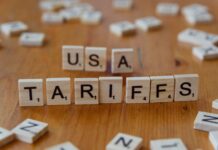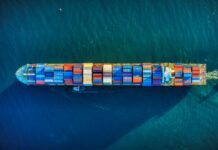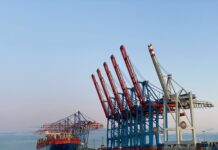
The European Sea Ports Organisation (ESPO) has expressed deep concern over the International Maritime Organisation’s (IMO) decision to delay the adoption of the Net-Zero Framework (NZF) by one year. The decision, made during last week’s Marine Environment Protection Committee (MEPC) meeting in London, risks slowing global climate action in shipping.
The NZF was set to provide a global roadmap to cut greenhouse gas emissions from shipping through a fuel standard and pricing mechanism. ESPO calls the delay a missed opportunity to speed up the transition to clean fuels. The organisation warns that continued fragmentation between regional and global rules will harm competitiveness and create uncertainty.
The postponement is especially disappointing given the broad industry support for a unified global approach. “Momentum was building,” ESPO said. “The sector needs clarity and predictability, not another year of waiting.” The delay weakens confidence in the IMO’s climate leadership and risks losing the rare alignment among governments, shipowners, and ports.
Despite the setback, ESPO welcomes the European Commission’s new strategy for a clean and resilient transition. The plan aims to boost clean-tech industries, expand global partnerships, and keep climate action on track.
To maintain progress, ESPO urges the Commission to take practical steps now:
-
Grant tax exemptions for onshore electricity and zero-carbon fuels like green methanol, ammonia, and hydrogen.
-
Support clean fuel adoption through subsidies and carbon contracts for difference (CCfDs).
-
Use EU Emissions Trading System (ETS) revenues to fund port infrastructure for clean fuel bunkering and onshore power supply (OPS).
-
Incentivise fuel demand to encourage investment in production and supply capacity.
ESPO stresses that postponement must not mean loss of ambition. The IMO’s technical work continues, and all stakeholders, governments, industry, and civil society, should stay engaged. “We must keep pushing for a strong, workable global framework,” ESPO urged.
In the meantime, ESPO asks the European Commission to address negative impacts of the EU’s regional measures on competitiveness. Until global alignment is achieved, Europe must act to prevent market distortions and protect the strength of its ports.
ESPO concludes: “Europe must keep leading. The IMO delay should strengthen our resolve, not weaken it. Global shipping must stay on a credible path toward net-zero emissions.”





